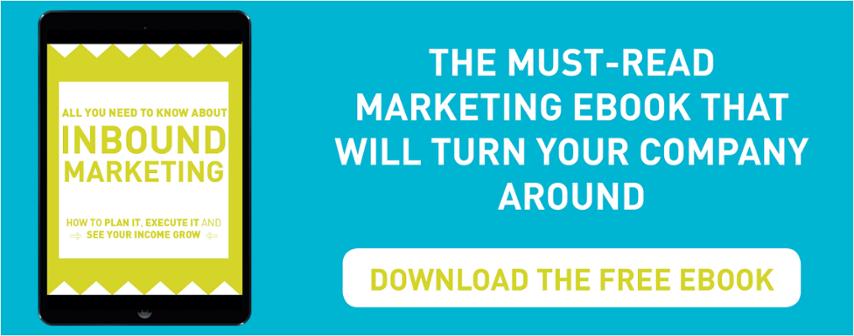Make Your Website Your #1 Tool


According to the Office for National statistics, 87.9% of adults in the UK used the internet, (this data was collected over the last three months) and in comparison to 2015 at 86.2% one can see a 1.7% increase. This means that now, with roughly 45.9 million people accessing the internet in the UK your website isn't just a website, its a digital platform and should be treated as such!
All B2B businesses need to think of their website as an integral part of an overall digital strategy, one of the most important tools as well as most people’s first impression of your company. Your website is more than just a brochure in the sky, not just something sales can use to help them with prospects though these can be very helpful at given times.
Your website needs to be thought of and treated as a business tool that can help streamline sales and marketing activity, collect business intelligence and provide customer service. However it doesn't end there, it can also be used to enhanced customer experience by providing them with all the information they need in an aesthetic and organised fashion, manage logistics and be your own media channel.
By changing the way you see your website, thinking of it as a digital platform then you can use it to measure and test all activity. This means it is the perfect environment for doing things such as conducting AB testing, a test where you create two different versions of one piece of content with changes to a single variable at a time, showing these two versions to two similarly sized audiences, and analyse which one performed better. Hubspot gives the following example:
“Let's say you want to see if moving a certain call-to-action button to the top of your homepage instead of keeping it in the sidebar will improve its conversion rate. To A/B test this change, you'd create another, alternative web page that reflected that CTA placement change. The existing design -- or the "control" -- is Version A. Version B is the “challenger.””
They also have a great A/B testing checklist if you’d like to learn more.
You can also use your site to measure your ROI and spend money based on what users are actually looking for. In this situation you know, you don't just ‘think’ they are since your website arms you with what you need to know in terms of evidence. There are so many ways you can collect this data, store it and serve it up to different stakeholders in an array of creative ways.
Different companies are all looking for different things, hence would track different things. To give a brief example, you could track prospects through the website, what pages attract the most, what pages lead to the most conversions and ultimately the most customers. You could then follow customers, with their separate login areas, online invoicing, appointment booking and so on, keep an eye out for trends. Moving on to suppliers, it would be best to check purchase orders, just in time ordering, parts and spares ordering. In terms of management – dashboards and metrics. Staff, check visibility of relevant data, for lenders track real time financial data and so on. It all slightly deviates depending on what you and your company is looking for.
Conclusion
Your website is so much more useful than you realise, it’s a tool so make use of it!
More from Website Conversions
Have you got a Pinterest?
This two-year-old social bookmarking site is suddenly kicking up a storm as retailers discover that it’s increasing traffic to...Would you like a cookie?
Almost two years ago the busy-bodies in Europe, spearheaded by Germany and France, decided it was time to clamp down on...







